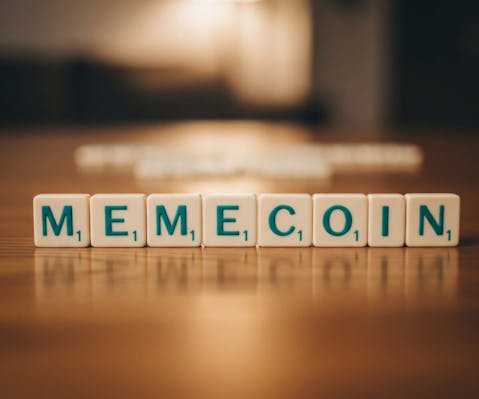
Meme culture is very evidently redefining the future of business and branding. Formerly dismissed as internet jokes, memes now dominate trends in a variety of industries.
Over the past decade, meme culture has come leaps and bounds, transforming from an internet subculture to a driving force in the world of entertainment and commerce. What started out as niche humor has now shaped the ways in which businesses market products, how trends become viral and how value creation takes place in both the online and offline realms. This article examines how the meme is leaving its impact on industries from finance to fashion.
Meme Coins in The Trade Market
Cryptocurrency, the most discussed financial innovation over the last twenty years, has discovered an unexpected partner in meme culture. It is meme coins—cryptocurrencies based on internet memes, internet memes gone viral and pop culture icons. These coins are launched with minimal technical interventions but boom, because of social media mania and support. Dogecoin and Shiba Inu are the best examples of assets launched as jokes but eventually taking off to become army-sized followings and capitalization.
The sale of meme coins has turned into an exciting frontier for traders where hope, strategy and a dash of humor come together. Internet forums, particularly those on Twitter and Reddit, keep the fire burning by constantly churning out material to keep the meme trending and the coin in the minds of the traders. This peculiar phenomenon has encouraged many investors to scour the web for the Best Meme Coins to Buy in the hopes of catching the next meme wave. Meme coins, despite the risks, have been successful in demonstrating that in today’s internet age, humor can become a sound investment tactic.
Meme Culture in Logos and Other Forms of Branding
Marketing organizations around the world have noticed the meme trend. What was previously written off as “silly web stuff” has become a staple of digital marketing. Memes are familiar, humorous and very shareable, excellent at getting attention in a crowded online marketplace. From luxury brands to fast food restaurants, many are tapping the power of the meme to project personality and remain relevant to young consumers.
Another advantage of marketing with memes is the organic interaction they generate. People are more likely to forward a humorous meme than a standard advertisement, extending a brand’s reach at no added charge. This kind of genuine interaction makes businesses feel relatable and can cause them to seem better aligned with the cultural discourse. These are times when attention spans are short-lived and a meme provides a convenient method of engaging consumers quickly and memorably.
Streetwear and Style Trends
Fashion is yet another sector being redefined by meme culture. Street wear brands especially enjoy leveraging the virality of the meme to create apparel that directly communicates to internet-literate consumers. Right from ironic captions to patterned designs derived from trending images, meme-related fashion is pushing the boundary between online and offline self-expression.
Some designers even founded entire lines of clothes on internet humor, creating limited-edition merchandise that sold out in a matter of minutes. The draw is obvious: meme-themed apparel is at once a fashion statement and a declaration of online belonging. Meme fashion lets consumers project their online personas into the real world. As meme fashion grows, it is increasingly apparent that humor is as valuable in apparel as it has been online.
Memes in Cinema, Television and Digital Entertainment
Memes naturally belong in the realm of entertainment. From iconic scene screenshots to catchphrase-turned-joke virals, TV shows and films are being defined by the manner in which audiences engage with them online. Producers now take a project’s “meme potential” into account as part of their strategy, understanding that a meme-turned-viral can be as effective as conventional advertising.
Take Netflix and the other streaming services, for instance—they’ve gone all in on meme marketing to launch new titles. By making meme-content available and participating in social media trends, they engage the shared sense of humor of their followers. Memes revive old titles, too, restoring them to cultural phenomena through infinite loops of GIFs, mashups and in-jokes. Really, all we can say is that memes act as both commentary and advertisement, prolonging the life and appeal of material far past its opening date.
Public Opinion in Politics
Memes are now beyond mere jokes—they’re influencing politics and popular opinion globally. Used on campaign billboards, protest posters and every platform in between, memes are now instruments for activism, opposition and commentary. Their brevity and virality enable them to be effective mediums for communication, particularly in situations where emotions run high or the stakes are fast-paced.
In political campaigns, a worthy meme can change the public’s perception quicker than a TV debate. Political candidates, organizations and even nations have used meme tactics to influence the public or attack the opposition. But the influence can go both ways—memes can mislead as easily as they can inspire. This double-edged nature implies a greater necessity than ever for media literacy and critical thinking to grasp meme culture.





